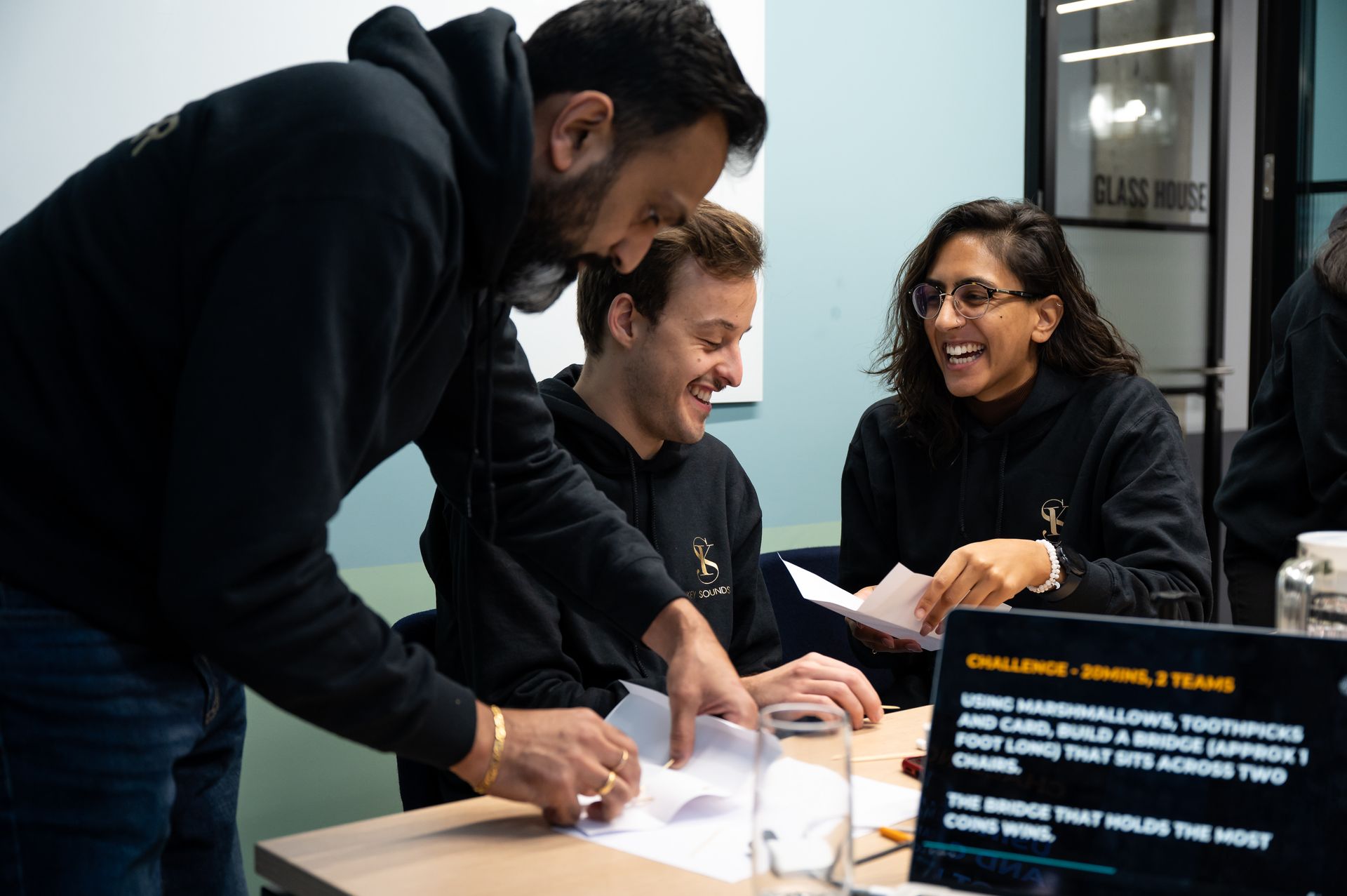How to Regain Momentum with Your Piano Journey When You Fall off Track
When a student falls off track in their piano journey, it's crucial to approach the situation with understanding and positivity.
First and foremost, it's essential to rekindle the student's passion for music. Encourage them to explore different genres and styles that resonate with them personally. Whether it's classical pieces, contemporary pop songs, or even composing their own melodies, allowing the student to find joy in what they're playing can reignite their enthusiasm for the instrument. Additionally, involve the student in the decision-making process by letting them choose pieces they genuinely enjoy practicing and performing. This not only empowers them but also fosters a deeper connection to the music they're playing.
Consistency is key to progress in any skill, including piano playing. Encourage the student to establish a regular practice routine that fits into their daily schedule. However, it's essential to strike a balance between structure and flexibility. While consistency is important, it's equally vital to allow room for spontaneity and creativity during practice sessions. Encourage the student to experiment with different techniques, dynamics, and interpretations, fostering a sense of exploration and discovery. Remind them that progress in music is not always linear and that every moment spent at the piano, regardless of how small, contributes to their growth as a musician.
Lastly, celebrate milestones and achievements, no matter how small they may seem. Recognizing and acknowledging progress reinforces the student's sense of accomplishment and motivates them to continue moving forward. Whether it's mastering a challenging passage, performing confidently in front of others, or simply maintaining a consistent practice routine, each step forward is worthy of celebration. Encourage the student to set achievable goals and celebrate each milestone along the way. By nurturing a positive and supportive environment, both the student and the parent can feel confident that the journey back to the piano will be filled with growth, joy, and fulfilment.
If you wish to know more about these hacks and resources, feel free to take a look around our website or connect with us directly!



All Rights Reserved | Key Sounds UK
